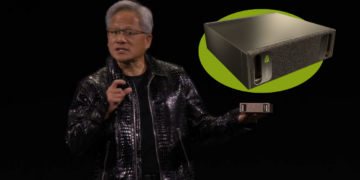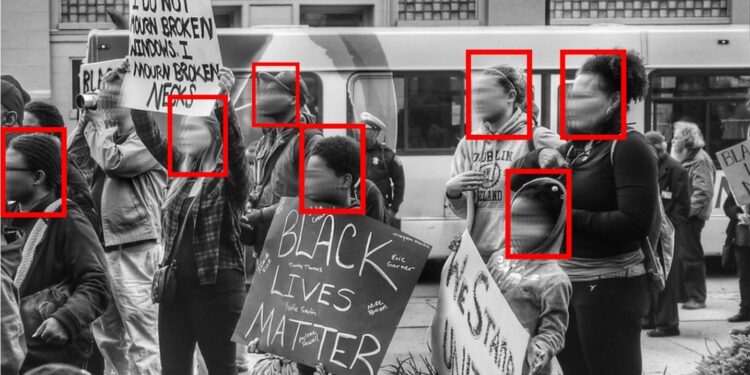Historical letter from IBM’s CEO to the U.S. Congress announcing a stop to the development of technology in pursuit of racial justice reform
In the midst of a health emergency, the world has been shaken by animated protests from the United States following the death of George Floyd. Various positions have been taken by computer giants and public institutions, including IBM. The company, the oldest in the world and leader in the IT sector, takes a position through a letter from CEO Arvind Krishna addressed to few Democratic senators of the American Congress.
These are the salient points of the letter:
“In September 1953, more than a decade before the passage Of the Civil Rights Act, IBM took a bold stand in favor of equal opportunity. Yet nearly seven decades later, the horrible and tragic deaths of George Floyd, Ahmaud Arbery, Breonna Taylor and too many others remind us that the fight against racism is as urgent as ever. To that end, IBM would like to work with Congress in pursuit of justice and racial equity, focused initially in three key policy areas: police reform, responsible use of technology, and broadening skills and educational opportunities.
- Police reform – new federal rules should hold police more accountable for misconduct.
Congress should bring more police misconduct cases under federal court purview and should make modifications to the qualified immunity doctrine that prevents individuals from seeking damages when police violate their constitutional rights. IBM welcomes your early leadership in announcing these proposals and stands ready to work with you and other Members of Congress, from both sides of the aisle, toward broad bipartisan legislation that can be enacted into law.
- Responsible technology policies – technology can increase transparency and help police protect communities but must not promote discrimination or racial injustice.
IBM no longer offers general purpose IBM facial recognition or analysis software. IBM firmly opposes and will not condone uses of any technology, including facial recognition technology offered by other vendors, for mass surveillance, racial profiling, violations of basic human rights and freedoms, or any purpose which is not consistent with our values and Principles of Trust and Transparency.
- Expanding opportunity – training and education for in-demand skills is key to expanding economic opportunity for communities of color.
We need to create more open and equitable pathways for all Americans to acquire marketable skills and training, and the need is particularly acute in communities of color.”
CEO Arvind Krishna concludes the letter with this invitation:
“We offer these suggestions in the constructive spirit of problem-solving that has always defined our company and its people. We realize these measures are only a beginning, but IBM wants to help advance this nation’s pursuit of equity and justice and we stand ready to work with you to advance policies that will help unify our country and advance our national purpose.”

































